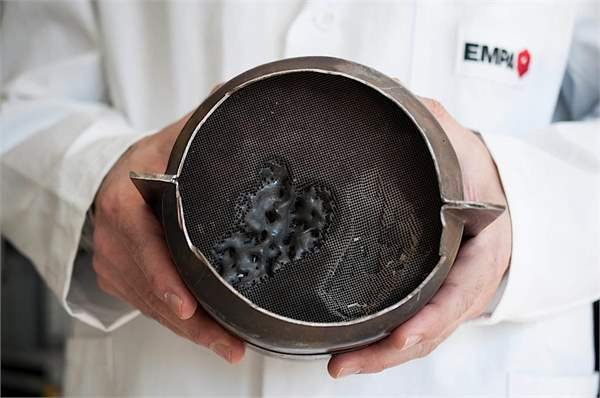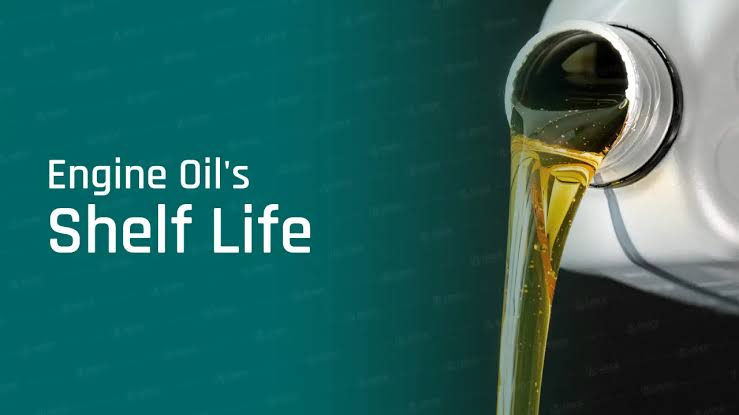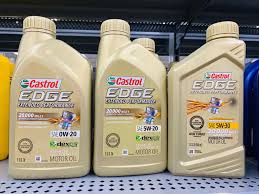Does a Bad Catalytic Converter Make Noise?

Yes, a bad catalytic converter can cause noise. While the primary function of a catalytic converter is to reduce harmful emissions and convert toxic gases into less harmful substances, it can produce various noises when it’s malfunctioning or damaged. Understanding the noises that come from a bad catalytic converter is important to diagnosing the issue and addressing it before it leads to more serious problems.
🛠️ How Does a Catalytic Converter Work?
Before diving into the noise issue, it’s helpful to understand how a catalytic converter functions in your car. The catalytic converter is part of your vehicle’s exhaust system and is designed to:
- Reduce Emissions: It helps convert carbon monoxide, hydrocarbons, and nitrogen oxides into less harmful substances such as carbon dioxide and water vapor.
- Control Air Quality: It plays a vital role in reducing your car’s environmental impact by making the exhaust gases less toxic.
The converter is filled with a ceramic or metallic substrate coated with precious metals such as platinum, palladium, and rhodium. These metals facilitate the chemical reactions that break down harmful emissions.
🔊 Noises Indicating a Faulty Catalytic Converter
A bad catalytic converter can produce several different sounds, depending on the type and extent of the damage. Some common noises to watch for include:
1. Rattling Noises
One of the most common noises caused by a failing catalytic converter is a rattling sound. This typically happens when the internal components of the catalytic converter, such as the substrate, become loose and break apart. When these broken pieces move around inside the converter, they can produce a rattling noise. You may hear it more prominently when the engine is idling or when accelerating.
Cause: Broken ceramic or metallic pieces inside the converter.
When it happens: Mostly at idle or low-speed driving.
2. Hissing or Popping Noises
In some cases, a failing catalytic converter may emit hissing or popping sounds. These noises are usually the result of an exhaust leak, which can occur if the converter has cracks or holes. As exhaust gases escape through these openings, they can cause a hissing or popping noise.
Cause: Exhaust leaks due to cracks or holes in the catalytic converter.
When it happens: When accelerating or driving at higher speeds.
3. Loud Engine Noise
A clogged or severely damaged catalytic converter can lead to increased backpressure in the exhaust system, causing the engine to strain. This increased pressure can make the engine run louder than usual, often causing a rough idle or misfire in some cases.
Cause: Blocked or severely damaged catalytic converter causing engine strain.
When it happens: During acceleration or when the engine is under load.
🚗 How Does a Bad Catalytic Converter Affect Performance?
In addition to causing noise, a bad catalytic converter can have a significant impact on your vehicle’s performance. Some common symptoms that may indicate a failing catalytic converter include:
- Decreased Engine Power: A clogged catalytic converter can restrict the flow of exhaust gases, which can reduce engine power and acceleration.
- Check Engine Light: If the catalytic converter is malfunctioning, the vehicle’s on-board diagnostic system will likely trigger the Check Engine Light.
- Poor Fuel Economy: A blocked catalytic converter can cause the engine to burn more fuel, leading to decreased fuel efficiency.
- Excessive Emissions: A bad catalytic converter can lead to an increase in harmful emissions, potentially causing your car to fail an emissions test.
🛑 Other Signs of a Faulty Catalytic Converter
Along with noise, there are other symptoms of a bad catalytic converter that you should be aware of:
- Strong Rotten Egg Smell: A common sign of a bad catalytic converter is the rotten egg smell (sulfur-like odor). This is usually caused by excess hydrogen sulfide in the exhaust gases.
- Sluggish Acceleration: If the catalytic converter is clogged, the vehicle may experience sluggish or delayed acceleration.
- Stalling or Rough Idle: A bad catalytic converter can also cause the engine to stall or idle roughly due to improper exhaust flow.
🔧 What Causes a Catalytic Converter to Fail?
Several factors can contribute to the failure of a catalytic converter:
- Contaminants in the Exhaust: Oil or coolant entering the exhaust system due to engine issues (such as leaking valves or piston rings) can damage the converter.
- Excessive Heat: Running the engine too hot due to a malfunctioning thermostat or cooling system can cause the catalytic converter to overheat and fail.
- Physical Damage: Accidental impacts from debris on the road or a defective exhaust system can cause cracks or breaks in the converter.
- Clogging: Over time, the converter’s internal components can become clogged, especially if the engine is burning oil or the air-fuel mixture is not optimal.
📝 What to Do If You Hear Noise from Your Catalytic Converter
If you notice any of the above noises or suspect your catalytic converter is failing, here are the steps you should take:
- Have It Inspected: If you hear rattling, hissing, or loud engine noise, it’s important to have a mechanic inspect your vehicle immediately. They will be able to check for internal damage, leaks, or clogging in the catalytic converter.
- Don’t Ignore It: Continuing to drive with a faulty catalytic converter can lead to more serious engine damage and reduced performance. It can also cause your car to fail emissions tests, making it difficult to pass vehicle inspections.
- Replacement: In most cases, the only solution to a bad catalytic converter is to replace it. This can be costly, but it’s crucial for ensuring your vehicle runs properly and passes emissions testing.
❓ FAQs
Q: Can a bad catalytic converter cause engine misfire?
A: Yes, a bad catalytic converter can cause misfires because it restricts exhaust flow, leading to backpressure that can affect the engine’s performance.
Q: How do I know if my catalytic converter is bad?
A: Common signs include strange noises, such as rattling or hissing, sluggish acceleration, poor fuel economy, and a check engine light.
Q: Can a catalytic converter be repaired instead of replaced?
A: In most cases, a damaged catalytic converter cannot be repaired and must be replaced to restore proper vehicle function.
📝 Conclusion
A bad catalytic converter can indeed cause noise, such as rattling, hissing, or loud engine noises, and can lead to a variety of performance issues. If you suspect that your catalytic converter is the source of the problem, it’s essential to have it inspected by a mechanic. Ignoring the issue can lead to more severe damage to your engine and exhaust system, not to mention increased emissions. If necessary, replacing the faulty converter is the best way to restore your vehicle’s performance and ensure that it meets environmental standards.





